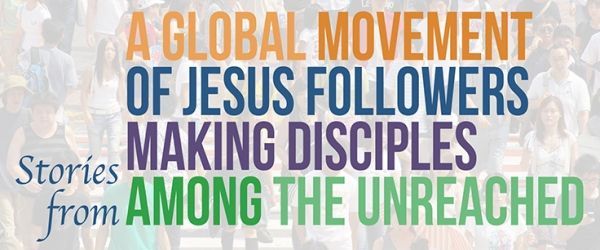
Continue in Christ
By Amy Walters — Alim, a Muslim university student, was sent to spy on a Christian education center on his campus. When one of the tutors invited him to study the Bible, Alim accepted, planning to infiltrate and expose the group.
Instead, God’s Word changed his heart. As Alim studied the teachings of Jesus, he began to question what he had always accepted as truth. In his confusion, he prayed for guidance.
God answered by giving Alim a vision of Jesus, who spoke just one word: “Continue.”
After this, Alim studied the Bible intently, sincerely seeking truth. Eventually, he became a follower of Jesus.
Alim’s hunger for the Bible grew. He asked the tutor for more Bible studies and told him, “I intend to forget Islam and instead fill my mind with the Word of God.”
In spite of great risk, Alim shared his new faith with others. He faced strong resistance, particularly from his wife, the daughter of a commander in a militant Islamic group. But Alim continued to pray and share God’s love with her.
Just recently, Alim’s wife started studying the Bible — her first step on a path to discovering Jesus.
Alim’s story exemplifies how SEND workers are making disciples all over the world. We invite people to study the Bible and investigate Jesus. We challenge them to immediately apply what they are learning. And we teach them to pass on the truth of the gospel by encouraging others to investigate and trust Jesus.
At SEND, we don’t separate evangelism and discipleship, but see them as one process of calling people to identify with Christ and obey his teachings ( Mt. 28:18-20
 ). Discipleship is the heartbeat of our vision statement: A global movement of Jesus followers making disciples among the unreached.
). Discipleship is the heartbeat of our vision statement: A global movement of Jesus followers making disciples among the unreached.
As you read stories of people growing in Christ, we hope you will envision yourself helping to make disciples among the unreached by
giving ,
going , or
praying .
• Our total commitment to Jesus Christ fuels all that we do. Read SEND’s statement of faith.
• Learn about SEND International's mission, focus, and values.
Additional Posts





